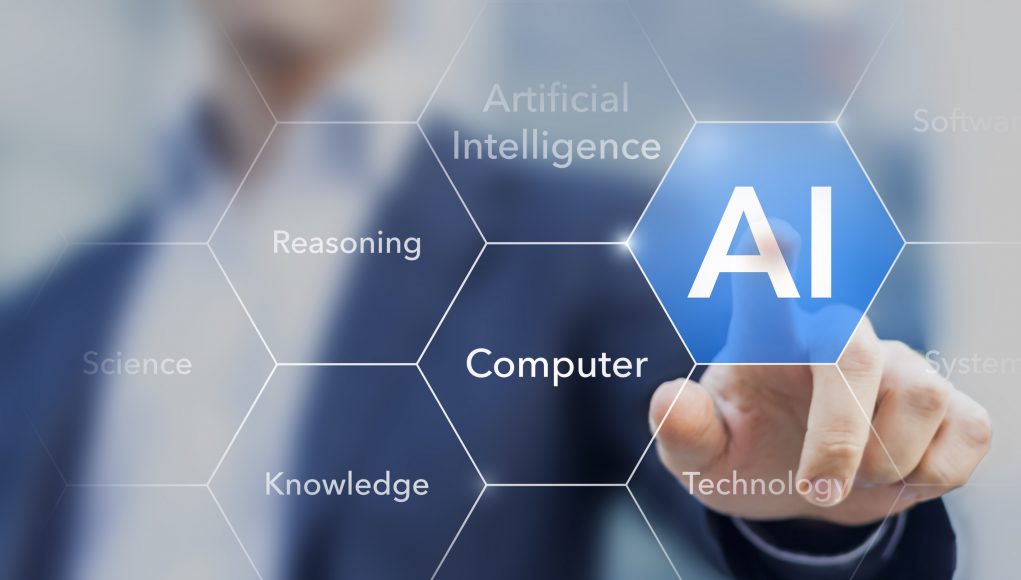It’s amazing how much the world has changed in the last 10 years, and irreversibly so. How did we ever survive without the ability to hail a driver with a tap of a touchscreen?
How AI will change the face of PR
Disruptive technology has both improved and complicated our lives, and much of it has been made possible through advances in Artificial Intelligence (AI).
As a public relations professional, there’s some obvious utility in utilizing AI to do a heavy lifting with respect to predictive consumer behaviors. Still, the impact of AI in marketing could lead to one of two outcomes, probably with the reality yielding a combination of both.
That is, some marketing professionals worry that jobs may be replaced by AI programs.
Others, like John Bara, President and CMO of Minitigo, a leading predictive marketing technology company, believes big data and AI will help professionals in the PR industry, rather than making it more difficult.
“Big Data and AI will help the PR industry better understand readership’s core attributes. Consider it a digital DNA, not unlike 23andMe for human DNA.”
PR companies will be able to increase the speed of their data processing, which will enable PR companies to improve their performance. This leads to strong and direct messages being delivered to their audiences due to a better awareness about what their consumers actually want.
“Within seconds, Uber correlates driver availability with the exact location of a user to provide an optimal route to a location, saving drivers time and money,” says Tarun Gangwani, Founder and CEO of Grok, who echoes the utility of AI in PR and marketing.
Marketers can utilize geolocation and artificial intelligence to provide equally delightful user experiences by offering timely, context-aware offers to anyone with a smartphone.
Advertising firms that take advantage of this readily available data will provide offers that are not just based on what users want, but what they need every day.
“Data is the fuel and the algorithm is the engine,” says Columbia University’s Professor of Mechanical Engineering Hod Lipson. “We used to program computers. Now it is machine learning, we just feed it with data.”
Better insights of digital DNA allows PR professionals to produce relevant messages for their audience. Now marketing campaigns and promotions can be targeted towards a specific individual consumer in real-time which enhances the produced results.
“What many people don’t know is that artificial intelligence is already affecting what news we are served via our Facebook feeds and news recommendations,” says Bara.
The messaging being seen on your feed is based on your individual preferences. This is done because you are more likely to respond to ads that correspond with your interest.
“The reality is, the news we are getting is becoming tailored to us and therefore, we read a less balanced point of view.”
Real-time data becomes an asset that PR and media professionals use to give their audiences the information they find relevant, rather than information they have no connection with.
PR companies are already taking advantage of AI by using it to create content. “PR and marketing materials like earning releases and product descriptions are ideal for AI,” says Adam Long, director of product management of Automated Insights’ Wordsmith.
For example, The Associated Press uses AI machines to write full earnings reports. These AI generated reports create more than 3,500 each quarter for U.S. companies. By partnering with Automated Insights, The Associated Press produces AI-written articles about minor league baseball games. The Minor League Baseball statistician feeds recorded game stats to the AI agent that converts the information into articles meeting AP editorial standards. Allowing AI machines to handle tedious tasks enables human employees to direct their focus on assignments that require subjective thinking. Fortunately, AI doesn’t have the capability to do this, yet.
AI chatbots will allow companies to provide their customers instant and effective communication. Facebook already offers 11,000 chatbots on their Messenger app platform, which can be used by its users to order and pay for a pizza or locate the best movie to watch based on their preferences.
Chatbots will be utilized by Twitter to enable companies to respond to customer inquiries via DM. AI allows these features to work by enabling chatbots to comprehend a question no matter how it’s asked and respond accurately by gathering information from multiple sources.
PR companies should happily welcome AI due to how well it will improve the performance of their services.
“Savvy PR professionals will understand that Big Data and AI can provide their readership with amazing data-rich research on a myriad of topics,” says Bara. “Companies should not fear Big Data and AI, they should embrace the trend and experiment with new stories that match Big Data analysis and messages to the audience.”
What do you think? Have you already used the AI to your advantage? What other uses of AI in PR can you think of? Let me know in the comments below.
For more business tips, check our entrepreneurship section, and subscribe to our weekly newsletters.



![The 15 best finance websites you should bookmark right now [2026 Edition] alphagamma The 15 best finance websites you should bookmark right now [2025 Edition] entrepreneurship finance opportunities](https://agcdn-1d97e.kxcdn.com/wp-content/uploads/2024/09/alphagamma-The-15-best-finance-websites-you-should-bookmark-right-now-2025-Edition-entrepreneurship-finance-opportunities-300x350.jpg)


